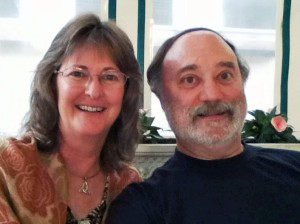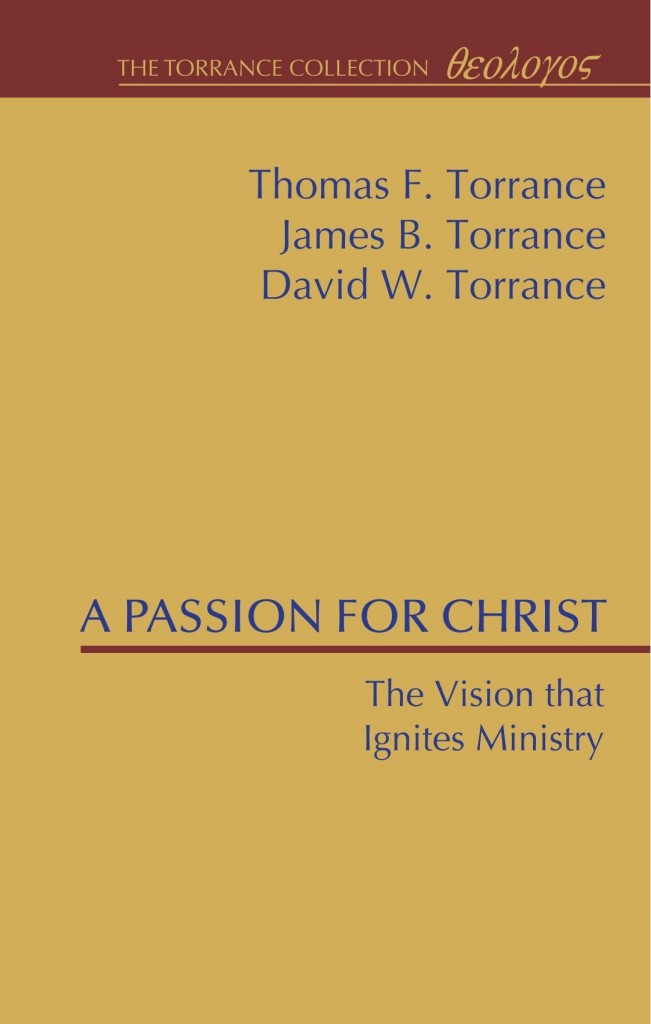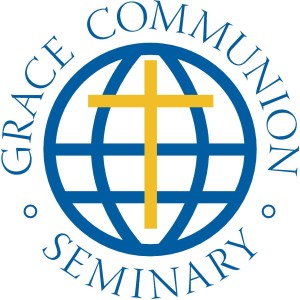Dear Brothers and Sisters in Christ,
 Leading up to Holy Week, my Weekly Update letters have focused on Jesus’ life, death, resurrection and ascension. Now that Holy Week has come and gone, it would be easy to turn our focus elsewhere. But Jesus must remain our focus throughout the year. He alone is the final and ultimate revelation of who God is (Hebrews 1:3) and he alone is our mediator: “For there is one God, there is also one mediator between God and humankind, Christ Jesus, himself human” (1 Timothy 2:5 NRSV).
Leading up to Holy Week, my Weekly Update letters have focused on Jesus’ life, death, resurrection and ascension. Now that Holy Week has come and gone, it would be easy to turn our focus elsewhere. But Jesus must remain our focus throughout the year. He alone is the final and ultimate revelation of who God is (Hebrews 1:3) and he alone is our mediator: “For there is one God, there is also one mediator between God and humankind, Christ Jesus, himself human” (1 Timothy 2:5 NRSV).
Jesus’ two natures—divine and human—are inseparably united in what theologians call the hypostatic union. And Jesus’ mission shows just how much God is with us and for us. Indeed, we can’t overstate the importance of Christ’s vicarious work—his work in our place, on our behalf. The truth that the atonement is accomplished by, in and through the incarnate Son of God, is truth that sets us free. Knowing who Jesus is and what he has done for us helps us grow in understanding the reconciliation we have with God and each other. In Christ, through the Holy Spirit, we are set free to love. Allow me to explain some related concepts:
Vicarious
 In A Passion for Christ, the Vision that Ignites Ministry (a book Gary Deddo and I highly recommend), brothers Thomas, James and David Torrance define the word vicarious as “speaking and acting in place of another, on that other’s behalf.” They note that this is exactly what Jesus did for us in his life, death, resurrection and ascension. To speak of Jesus’ vicarious humanity is to indicate that all Christ did in his humanity was done in our place and on our behalf.
In A Passion for Christ, the Vision that Ignites Ministry (a book Gary Deddo and I highly recommend), brothers Thomas, James and David Torrance define the word vicarious as “speaking and acting in place of another, on that other’s behalf.” They note that this is exactly what Jesus did for us in his life, death, resurrection and ascension. To speak of Jesus’ vicarious humanity is to indicate that all Christ did in his humanity was done in our place and on our behalf.
Recently, I’ve written about Jesus being baptized for us, going through the wilderness and being tempted for us, dying and entering into darkness for us, and rising from death into life in order to take us with him in the ascension to our Father. In all this work for our salvation, Jesus did not play a merely instrumental role (like a tool used to build something). Rather, the Father, Son and Holy Spirit planned together for Jesus to fulfill in his own Person and work the pivotal role in our salvation. The atonement, in its entirety, is accomplished in, with and through Jesus: “In him we live and move and have our being” (Acts 17:28).
Objectification
God objectified himself in Christ without becoming impersonal. When the Son of God became human, he became an object we can see and touch and worship. He was God to man. And when Jesus assumed our humanity, he also became the appropriate response from man to God as led by the Holy Spirit. Note T. F. Torrance’s comment in his book, God and Rationality:
[Jesus Christ] is in Himself not only God objectifying Himself for man but man adapted and conformed to that objectification, not only the complete revelation of God to man but the appropriate correspondence on the part of man to that revelation, not only the Word of God to man but man obediently hearing and answering that Word. In short, Jesus Christ is Himself both the Word of God as spoken by God to man and that same Word as heard and received by man, Himself both the Truth of God given to man and that very Truth understood and actualized in man. He is that divine and human Truth in His one Person. In his incarnate constitution as God and man joined in reconciling union, Jesus Christ is both the objective revelation of God and the appropriate response and conformation of man to divine revelation. He is not only the Truth (cf. John 14:6) spoken from the highest, he is also the perfect response to that Truth, heard and actualized from within the ontological depths of the fallen humanity he assumed in the incarnation.
Mediation
I like to say that in the Incarnation of Jesus, we have “double fact.” Others call this the “twofold, inseparable movement of mediation.” First, as Torrance likes to phrase it, “Jesus is God’s language to humanity.” But it doesn’t stop there. Second, Jesus is humanity’s true and faithful response to God. Jesus Christ is our true word and gives true speech for humanity to God. In other words, Jesus Christ mediates the things of God to humanity and simultaneously mediates the things of humanity to God.
Let me illustrate this from God’s relationship with Israel, beginning with Abraham. The eternal Son of God, who is one with the God revealed in the Old Testament, later reveals himself, the Father and the Spirit when he becomes incarnate as the person Jesus Christ. Lovingly and patiently, God worked in covenant relationship with Israel as his chosen people. We see this with Abraham when God provided a sacrifice in place of Isaac, Abraham’s beloved son. In this event there not only was instruction against child sacrifice, it served as the prototype of what the Son of God would do himself following the Incarnation.
Because God knew that Israel would not (indeed could not) fulfill their side of the covenant to live as holy, obedient people, God gave his people under the old covenant a liturgy different than that of the pagans. While Israel and the pagans all celebrated spring and fall harvest festivals, Israel was given divinely prescribed patterns for worship that signified the fact that only God can forgive sin, remove guilt and reconcile people to himself. All of Israel’s sacrifices and ordinances, as well as the priesthood itself, were vicarious ways of covenant response to God.
Because of God’s faithfulness and love for Israel, he gave them an experiential way to worship. However, as the Old Testament tells us, Israel repeatedly abandoned worship as given to them by God. In doing so, they failed the mediating priestly mission that they had been given on behalf of all nations. In contrast, Jesus, through his life, death, resurrection and ascension, was the perfect, unfailing response to God that Israel was unable to provide.
Jesus not only took on Israel’s affliction of failure, he assumed all of humanity’s brokenness and made it his own in order to heal it. In this we see Jesus’ twofold ministry, the “double fact” I mentioned above. Jesus mediates and intercedes from God to humanity and from humanity back to God. The old covenant highlights this truth in a number of ways: “I shall be your God and you shall be my people,” “I am holy, be you holy,” and “I will be your Father and you will be my son.” These declarations concerning Israel are fulfilled perfectly in Jesus who is both the covenant-making God and the true, singular, faithful Israel. Note this related comment from T.F. Torrance in one of his papers:
It is the whole incarnate life of Christ vicariously and triumphantly lived out from his birth to his crucifixion and resurrection in perfect obedience to the Father within the ontological depths of his oneness with us in our actual fallen existence, that redeems and saves us and converts our disobedient alienated sonship back to filial union with the Father. That is the grace of the Lord Jesus Christ (“The Atonement, The Singularity of Christ and the Finality of the Cross: The Atonement and the Moral Order,” 1993).
Jesus is fully God and fully human—God with us and God for us. He is the Word spoken to humanity and the Word heard and received by humanity. He is God’s relationship to us—through him we are in relationship with God. He is the God others could see and hear and worship and he is our worshipful response to God. Jesus is our atonement. He is our mediator. He is our focus—not just during Easter season but every day of the year. It is in Jesus that we live and move and have our being.
Staying focused on Jesus,
Joseph Tkach
PS: On April Fools’ Day, folks like to make jokes. My son, Joseph Tkach III, was part of an online joke you can watch at http://youtu.be/IlCx5gjAmqI. It’s a tongue-in-cheek, fake commercial about a high-tech product in which my son plays chief innovation architect Dr. Joseph C. Minkhuni. Enjoy!



